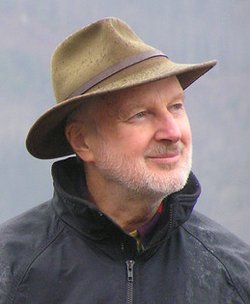First of all, when we talk about Islamic leaders in Turkey, we’re talking about a very different scene than in most of the rest of the Muslim world. In Turkey it’s basically about a struggle among Islamic moderates. Neither Erdogan nor Gülen call for any kind of Islamic State, or Shari’a law, or Caliphate, or jihad against the West. They both operate fairly comfortably within a primarily secular state structure established a century ago by the country’s modernizing secularist founder Mustafa Kemal Atatürk. We’re not really talking about Islam or theology but power and influence. (And politics in Turkey has always been a fairly rough game, even within a basically democratic order.)
But there are important differences between the two groups. Erdogan runs a political party, Gülen operates a civil movement called Hizmet (Service). Erdogan comes out of a more traditional Sunni Turkish Islamist movement; Gülen comes out of an a-political, more Sufi, mystical and social tradition. Gülen is interested in slow, deep social change including secular higher education; Erdogan as a party leader is first and foremost interested in preserving his party’s power that operates in a populist manner trying to raise the general welfare.
Graham E. Fuller is a former senior CIA official, author of numerous books on the Muslim World; his latest book is “Breaking Faith: A novel of espionage and an American’s crisis of conscience in Pakistan.” (Amazon, Kindle).










